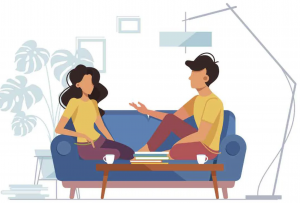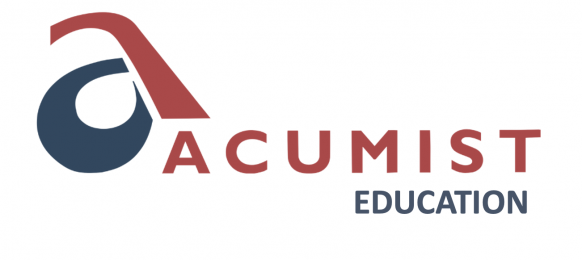Do you know a young person who is:
Facing challenging situations without the coping skills?
Disengaged or lacking motivation?
Presenting challenging behaviour?
At risk of more severe mental health problems?
Coaching guides young people to discover their inner strength, resilience, and the power to overcome challenges. It unlocks potential, develops critical thinking and aspires young people to be their best.

How Coaching Can Help
Empowers
Young people become empowered and learn strategies that help them deal with and manage situations.
Improves Mental Health
Resilience and improve strategies for positive mental health and wellbeing, are developed. This helps prevent the onset of long-lasting mental health problems.
Develops Independence
Through building self-reliance and resilience in the young people, they will become more independent and confident to tackle challenges they face.
Supports Transitions
Coaching is a practical and proactive way to help young people deal with transitions at school and home.
Increases coping Strategies
The process increases young people’s range of coping resources and self-help strategies.
Increases Engagement
Coaching motivates and supports young people to progress, increasing engagement and attainment.
What Is Coaching?
Coaching allows young people to take responsibility for their thinking, feelings and behaviour.
The wellbeing skills and resilience strategies the young people develop through coaching, combine these three broad interrelated categories:
Interpersonal and Relationship Skills
Skills and strategies that develop positive relationships and the skills to make and maintain them. This can include communication skills, friendship and teamwork skills.
Self and Emotional Awareness Skills
Strategies that develop self-knowledge, self-acceptance and positive self-image. These are combined with strategies that develop emotional literacy.
Thinking Skills
Skills that help young people develop a positive outlook, deal with challenges and take responsibility for their progress through goal setting, action planning and problem solving.
How Does Coaching Differ From Mentoring or Counselling?
Coaching supports young people to access patterns of thinking, feeling and behaving that are associated with, or give rise to results in life which they do not want. Coaching focuses on how a young person would choose for those patterns to be different and what may be possible when such differences are made a reality.
Coaching breaks down the process of embedding these chosen patterns into a young person’s day-to-day life in manageable steps and keeps them accountable and on-task to making them a reality. A Coach’s role is to listen intently and compassionately to the young person, using questioning that draws out and reframes these patterns and possibilities. A Coach helps the young person to access their own life experience and build resourcefulness and autonomy.
A mentor as “an experienced and trusted advisor” (Oxford English Dictionary). This advisor gives support, guidance and feedback to a less experienced individual, often (but not always) in an area related to the individual’s life, vocation, or career path.
There aren’t usually suggested effective processes to the way Mentors listen, ask or ask/answer questions, while there are for Coaches. A Mentor offers their life or personal experience for the young person to draw upon, based on the young person’s existing autonomy and resourcefulness.
A Counsellor will usually analyse the past, whereas coaching is focused on the present and the future. It identifies specific, current problems and behaviours so the young person can work to modify or prevent them. It enables young people to take action to change how they feel.
Typically results are experienced within weeks rather than months or years.

What Can You expect From An Acumist Education Coach?
Building trust and rapport: It is important to first create a trusting, non-judgemental environment to enable the young person to feel comfortable sharing their feelings. Gaining an understanding of their experiences and feelings and setting goals for the end of the coaching process ensures everyone has clarity in regard to desired outcomes.
Identifying strengths and considering positive experiences. This helps the young person reconnect with their positive sense of self.
Explore feelings of anxiety and introduction of simple techniques, such as relaxed breathing and distraction techniques, to help manage and lessen feelings of anxiety.
Explore further strategies based on Cognitive Behaviour Therapy: challenging unhelpful thoughts and replacing them with alternative ways of thinking.
Goal setting: We set small achievable goals that use strategies learned in our sessions.
Parental and school involvement: It is important that the adults around the young person are involved to support and help meet the young people’s needs to ensure continued success.
Coaching can help. If you want to support a young person to develop their resilience and coping strategies, empower then and improve their mental health, contact Acumist Education and speak to Corinne.
